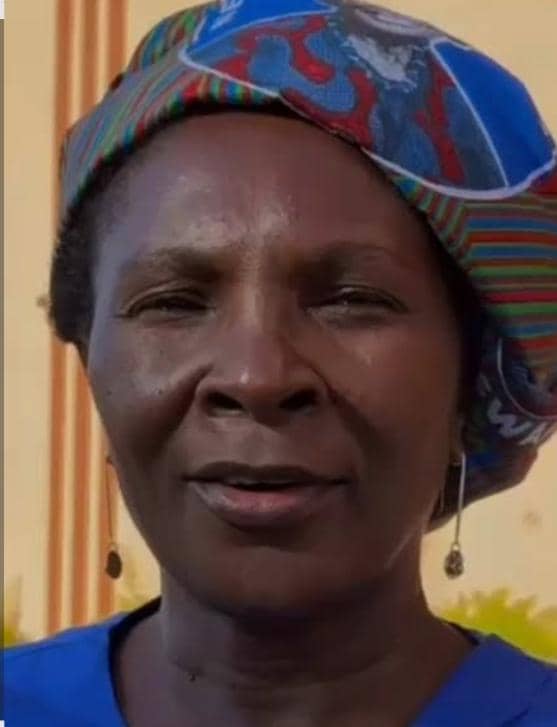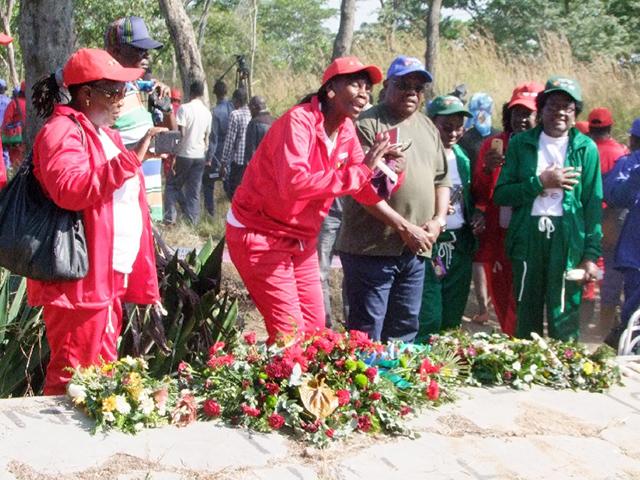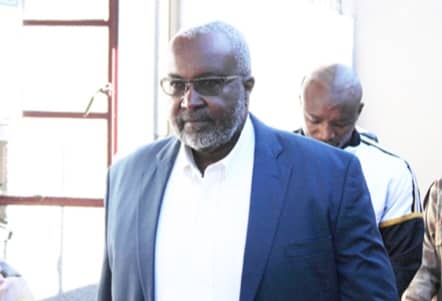TO FEE or not to fee – that was the question school principals had to explain to a Parliamentary Standing Committee yesterday during a consultative meeting where MPs were told of the realities cash-strapped Government schools faced.
“Politicians should please refrain from saying primary education is free,” Thea Seefeldt, Deputy Education Director for the Khomas Region, told the Parliamentary Standing Committee on Human Resources, Social and Community Development. “Many parents tell us that and argue because of this they need not pay fees into the school development fund.”The ‘free primary education’ slogan stems from Article 20(2) of the Namibian Constitution, which stipulates that “primary education shall be compulsory and the State shall provide reasonable facilities to render effective this right for every resident within Namibia, by establishing and maintaining State schools at which primary education will be provided free of charge.”According to Seefeldt, Government schools had to develop facilities like media (computer) centres and additional infrastructure and were entitled by the Education Act to collect fees for school development funds.CoD Member Elma Dienda, who had tabled a motion in the National Assembly last September that prompted yesterday’s meeting, however charged that that fees at some State schools were as high as N$1 000.”This negative development makes Government schools, which are there for those who cannot afford private schools, as expensive as private schools,” Dienda stated.Committee Chairperson George Kaiyamo queried the role of the school boards, which in his view should see to it that school development fees are not too high.But several school principals argued that children could be exempted on application and this was common practice.However, many well-to-do parents also did not pay school fees.”There is a parent at our Jakob Morenga school, a private school, who is a Government official and drives a Mercedes with leather seats but does not pay the school fees – it boils down to parent involvement or rather the lack of it,” said principal Ottilie Abrahams.She defended the system of school development fees, saying the largest expense at her school was the monthly bill of N$10 000 for water and electricity.Swapo MP Alexia Manombe-Ncube alleged that some Government schools refused to hand out reports to pupils at the end of the year, just because their parents did not pay their school development fees.”This is discrimination against the children, rather start legal action against their parents,” the MP recommended, only to be asked by the school principals who should pay for the legal action.”The parents,” Manombe-Ncube responded.”But they don’t pay the school fees, how will they pay the legal fees?” a principal asked in despair.Deputy Director Seefeldt said withholding school reports was illegal.John Titus, principal of the Van Rhyn Primary School, said his school had a lot of facilities at Independence and it was extremely costly to maintain.State schools received very little money from the Education Ministry for maintenance and school development fees were necessary to keep an acceptable standard of maintenance, he said.This was echoed by Frans van Sittert, headmaster of Windhoek High School.”We spent over N$600 000 recently to maintain our sports fields and we have to pay relief teachers if one of our employed teachers is booked off sick or is on maternity leave.These expenses are not carried anymore by the Ministry,” Van Sittert said.”We have two buses and together they already have over one million kilometres on their clock.To renew the licence disc for one bus costs N$23 000 per annum – this is very expensive for a school.”A representative of the new private school Windhoek Gymnasium recommended that Government should pay the school development fees of those children exempted from them.The Gymnasium charges N$1 800 a month per child and has an annual budget of some N$17 million, of which N$8 million is for bond repayments.”Many parents tell us that and argue because of this they need not pay fees into the school development fund.”The ‘free primary education’ slogan stems from Article 20(2) of the Namibian Constitution, which stipulates that “primary education shall be compulsory and the State shall provide reasonable facilities to render effective this right for every resident within Namibia, by establishing and maintaining State schools at which primary education will be provided free of charge.”According to Seefeldt, Government schools had to develop facilities like media (computer) centres and additional infrastructure and were entitled by the Education Act to collect fees for school development funds.CoD Member Elma Dienda, who had tabled a motion in the National Assembly last September that prompted yesterday’s meeting, however charged that that fees at some State schools were as high as N$1 000.”This negative development makes Government schools, which are there for those who cannot afford private schools, as expensive as private schools,” Dienda stated.Committee Chairperson George Kaiyamo queried the role of the school boards, which in his view should see to it that school development fees are not too high.But several school principals argued that children could be exempted on application and this was common practice.However, many well-to-do parents also did not pay school fees.”There is a parent at our Jakob Morenga school, a private school, who is a Government official and drives a Mercedes with leather seats but does not pay the school fees – it boils down to parent involvement or rather the lack of it,” said principal Ottilie Abrahams.She defended the system of school development fees, saying the largest expense at her school was the monthly bill of N$10 000 for water and electricity.Swapo MP Alexia Manombe-Ncube alleged that some Government schools refused to hand out reports to pupils at the end of the year, just because their parents did not pay their school development fees.”This is discrimination against the children, rather start legal action against their parents,” the MP recommended, only to be asked by the school principals who should pay for the legal action.”The parents,” Manombe-Ncube responded.”But they don’t pay the school fees, how will they pay the legal fees?” a principal asked in despair.Deputy Director Seefeldt said withholding school reports was illegal.John Titus, principal of the Van Rhyn Primary School, said his school had a lot of facilities at Independence and it was extremely costly to maintain.State schools received very little money from the Education Ministry for maintenance and school development fees were necessary to keep an acceptable standard of maintenance, he said.This was echoed by Frans van Sittert, headmaster of Windhoek High School.”We spent over N$600 000 recently to maintain our sports fields and we have to pay relief teachers if one of our employed teachers is booked off sick or is on maternity leave.These expenses are not carried anymore by the Ministry,” Van Sittert said.”We have two buses and together they already have over one million kilometres on their clock.To renew the licence disc for one bus costs N$23 000 per annum – this is very expensive for a school.”A representative of the new private school Windhoek Gymnasium recommended that Government should pay the school development fees of those children exempted from them.The Gymnasium charges N$1 800 a month per child and has an annual budget of some N$17 million, of which N$8 million is for bond repayments.
Stay informed with The Namibian – your source for credible journalism. Get in-depth reporting and opinions for
only N$85 a month. Invest in journalism, invest in democracy –
Subscribe Now!










